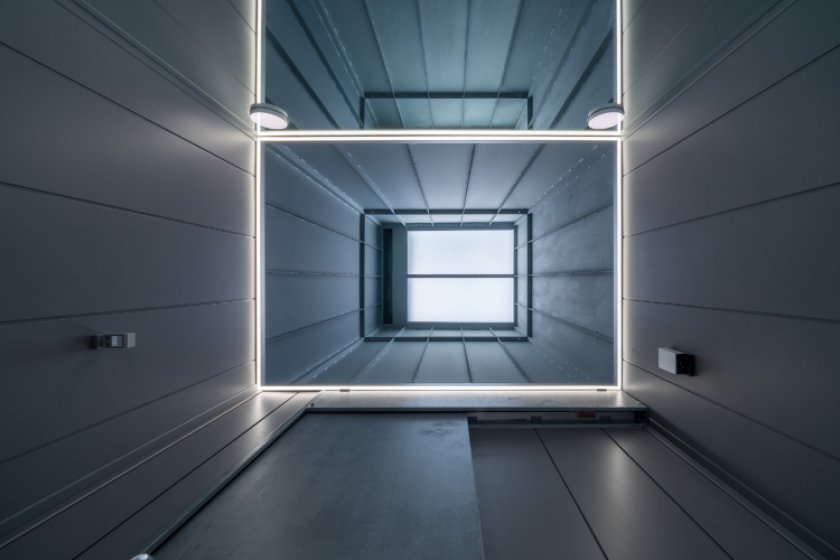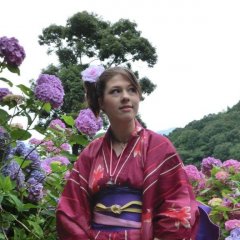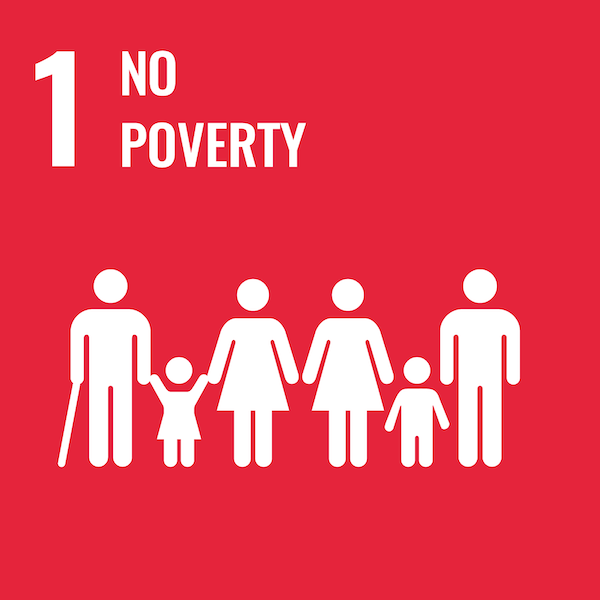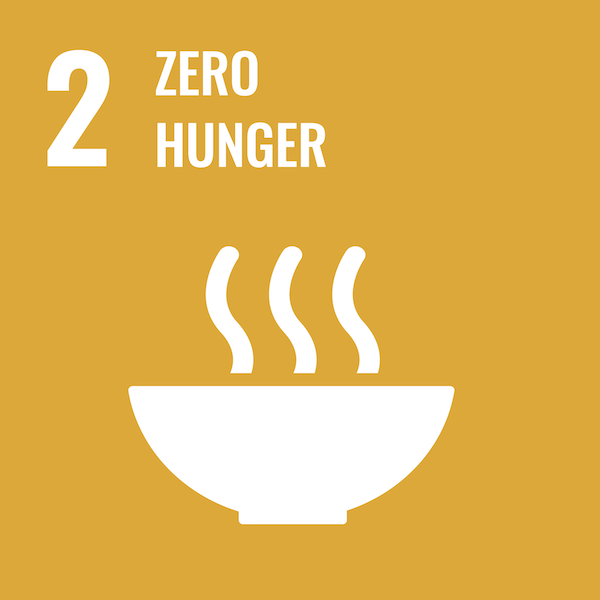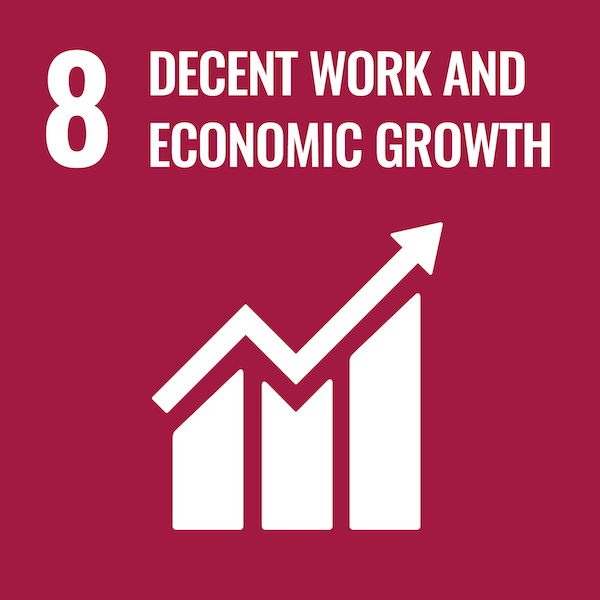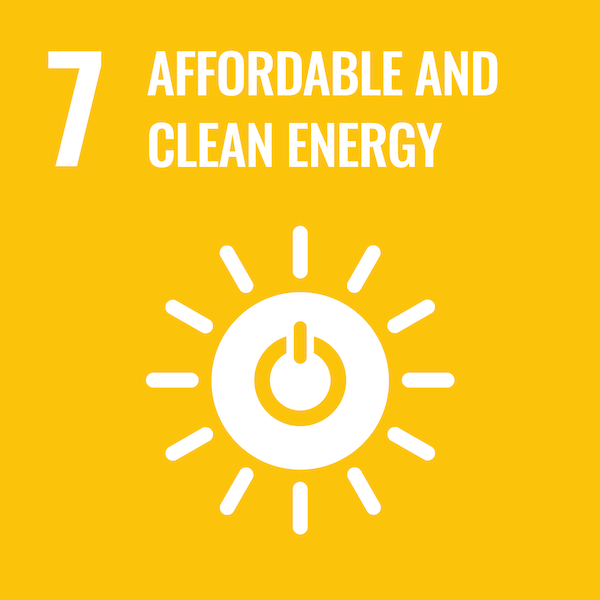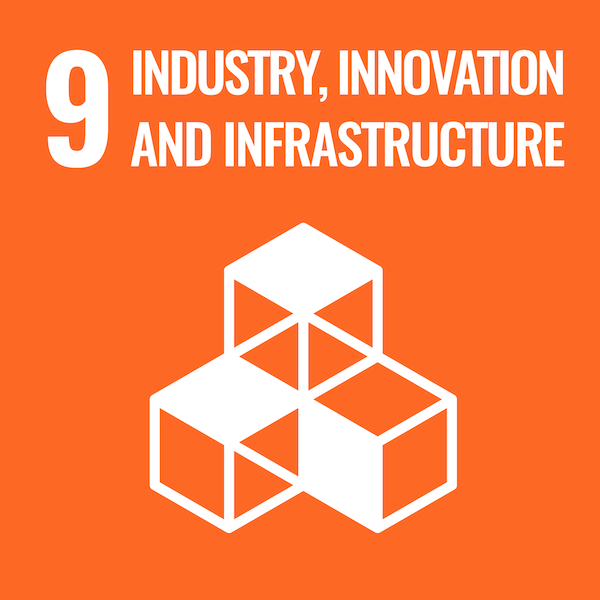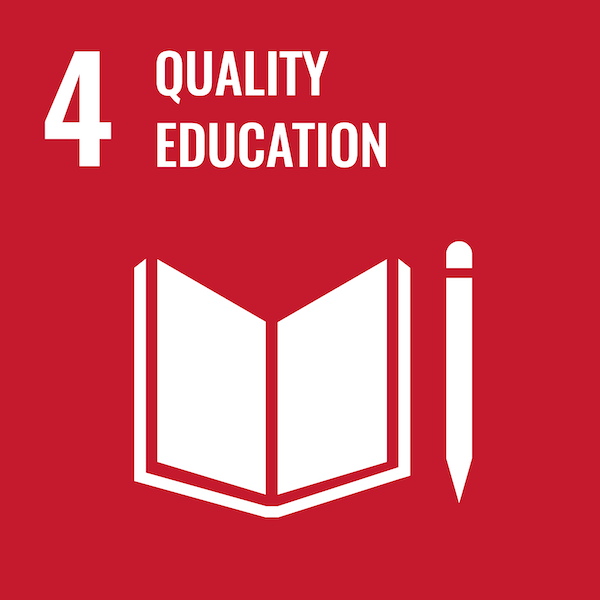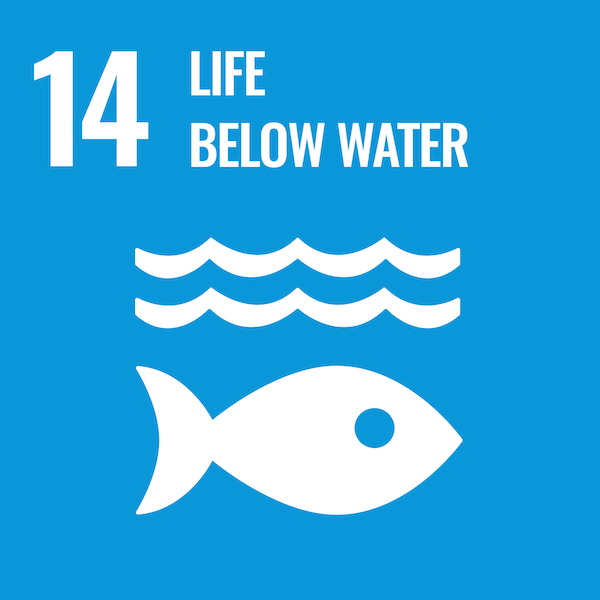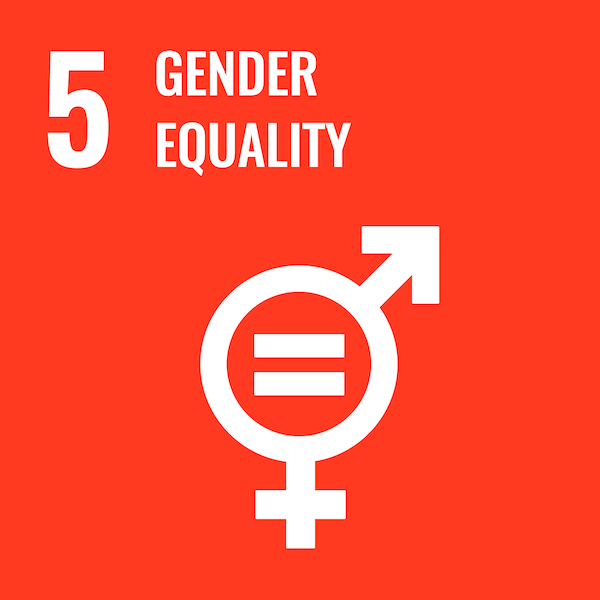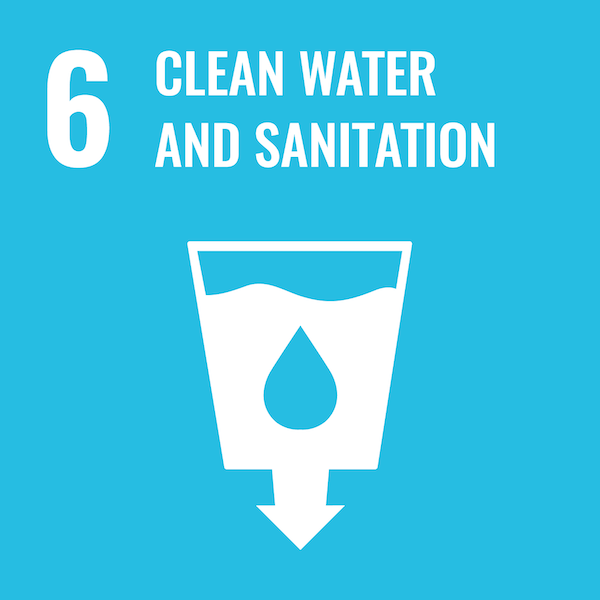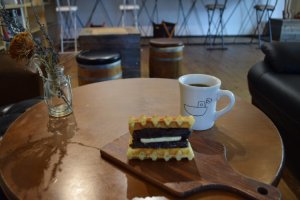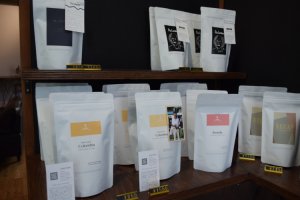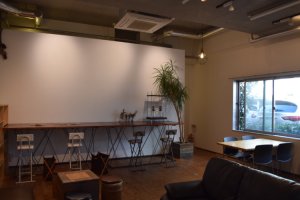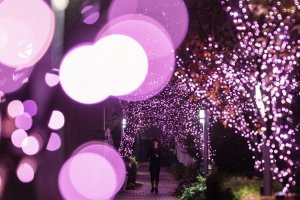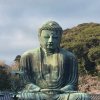SDGs is a phrase that’s often seen in the media. The abbreviation stands for sustainable development goals. At first, it may sound difficult to understand but these 17 international goals set by the United Nations aim for a better world. By incorporating SDGs in daily life, we can all strive to improve the global environment and human rights.
Let’s take a look at some of the shops and spots in Shinagawa City that are focusing on SDG-related efforts.
NOG COFFEE ROASTERS Shinagawa
A sustainable way to enjoy your daily caffeine

NOG COFFEE ROASTERS purchases its beans directly from coffee farmers. Offering two types of coffee that even the most discerning caffeine-lovers would enjoy; try their home-roasted blend or the single-origin coffee that changes seasonally. While you sip on your cup of joe, enjoy a vegan or one of their gluten-free sweets.
By buying green coffee beans directly from farmers, NOG COFFEE ROASTERS’ owner, Mr. Noguchi, cuts out the middleman that takes profits from farmers; this, in turn, allows the farmers to have a better quality of life and help children workers return to school.

This arduous work began in 2020 when Mr. Noguchi met This Side Up, an importer of green coffee beans in the Netherlands. After considering the lack of a system that allows coffee farmers and roasters to directly interact, he launched This Side Up Japan in order to support the coffee trade with high traceability in Japan.
In addition, NOG takes the environmental impact into consideration, even selling reusable containers and giving a 20-yen discount to those who bring a lidded container when buying coffee beans. Mr. Noguchi fears that if global warming progresses, the taste of coffee beans may warp since the taste of the beans can change due to temperature. NOG wants to make sustainable efforts to protect your favorite coffee. Why not take a coffee break while thinking about sustainability?

NOG COFFEE ROASTERS Shinagawa
Address: 1-5-10 Higashi-Shinagawa, Shinagawa City, Tokyo
Phone: 050-6862-7277
Business hours: 10: 00–17: 00 / Open daily
URL: https://nogcoffeeroasters.com/
Megurogawa Community-made Illumination
Illuminations that help the world

Megurogawa Community-made Illumination uses the used cooking oil collected from the area to achieve 100% energy offset for local consumption. This cherry blossom-colored illumination lights up the cold winter and vividly embodies the unification of people, companies, and regions alongside the local government. It is the only illumination by citizens of Tokyo that takes an initiative to foster energy renewal and local pride.
Since 2011, cooking oil waste has been recycled from local households and restaurants as biodiesel fuel, and by continued efforts, it has become 100% private power generation. As the word SDG attracts more attention, locals realized that local production for local energy consumption by the action of citizen participation can contribute to the recovery, recycling, and utilization of Tokyo-made waste. Thanks to these efforts, you can enjoy beautiful winter cherry blossoms created by about 350,000 cherry-colored LEDs with a total length of about 2.2km on both banks—the largest on the Yamanote Line.
In addition, at the A'Design Award 2017, an international design competition held in Italy every year, Minna no Illumination along Meguro River won the silver prize.

Minna no Illumination along Meguro River
Address: The Osaki-Gotanda Meguro Riverwalk, Shinagawa City, Tokyo
Access: A 5-minute walk from Osaki or Gotanda Station.
Business hours: December to January (please check the website for exact dates)
URL: https://www.minna-no-illumi.com/
Zeal Cruising
Explore ocean health from aboard a boat

About a 5-minute walk from Tennozu Isle Station on the Tokyo Monorail and Rinkai Line, Zeal Cruise deals with cruising and underwater photography. Based out of the Tennozu Yamatsupia cruising boat platform along the Tennoz Canal, the company conducts a hands-on ‘Marine Education Cruise to Enjoy the Environment of Tokyo’ once a month.

Their navigator, Ryo Katayama, says that he started the plan after meeting a crew from a ship called Race for Water (R4W), which worked to raise awareness about microplastics. In 2020, the R4W sailed around the world using eco-friendly methods, such as sunlight, hydrogen, and sails without relying on fossil fuels. Unfortunately, there was a shortage of staff members, so Mr. Katayama dispatched two of his own staff members from Zeal to support them. It was through his experiences on the R4W that he began to think about environmental issues.
While sightseeing, water is sampled, and later, in the workshop, visitors can observe microplastics in the collected water with a microscope and discuss environmental protection. Katayama hopes the cruise will give people opportunities to learn about the ocean and think about the future. Reservations can be made from the official website.

Zeal Cruising
Address: 1-39-21, Higashi Shinagawa, Shinagawa City, Tokyo
Fees: Adults 7,500 yen, Children (4 to 12 years old) 5,500 yen, Infants (below 3 years old) free
(Guidance only available in Japanese)
URL: https://www.zeal.ne.jp/plan/sdgs14/
The public toilet of Oimachi Station Square
Accessible for all—working toward equality

The Oimachi Station Square public toilet is an accessible tower-shaped unisex toilet with 6 different heights near the south side of JR Oimachi Station.
The unique appearance—12 meters high—allows natural light in while providing natural ventilation with a chimney effect. This creates a bright and clean public toilet that usually tends to have a negative image. Another major feature of this toilet is instead of being divided by gender, each room is closed and separate from the others. Each private room is equipped with many facilities such as a diaper changing table, baby chair, changing table, powder room, ostomate support, and wheelchair support.

This public toilet is completely different from conventional public toilets and the design was selected in a competition held by Shinagawa City with the cooperation and support of the Japan Institute of Architects. The designers—Kansuke Kawashima, Shingo Saito, and Tomoki Nemoto of the Akari Architectural Plan—came up with the concept. They say that "although society is changing, there’s little consideration for LGBTQ+ people and men raising children.” They wanted to address these issues with their design.
Pictograms used to express the different genders are not by body shape but rather by clothes. All of these subtle changes come together to create an inclusive, clean, bright, and comfortable public toilet that is suitable for modern society.

Oimachi Station Square public toilet
Address: 1-2-6 Oi, Shinagawa City, Tokyo
Shinagawa’s Mottainai Project
Cutting down on food waste
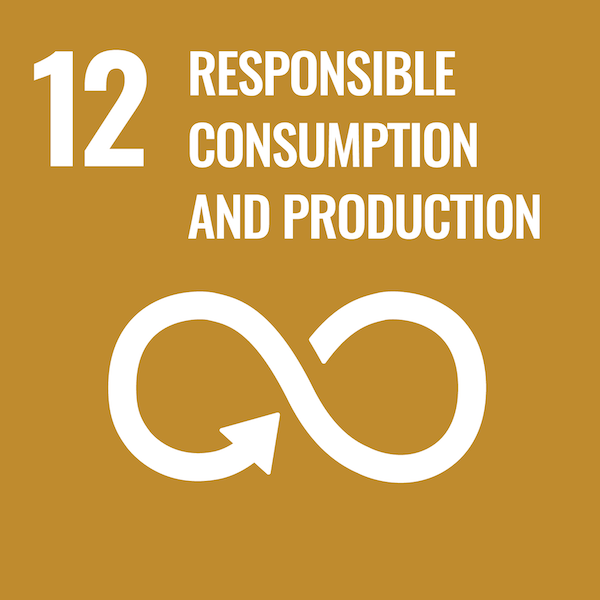
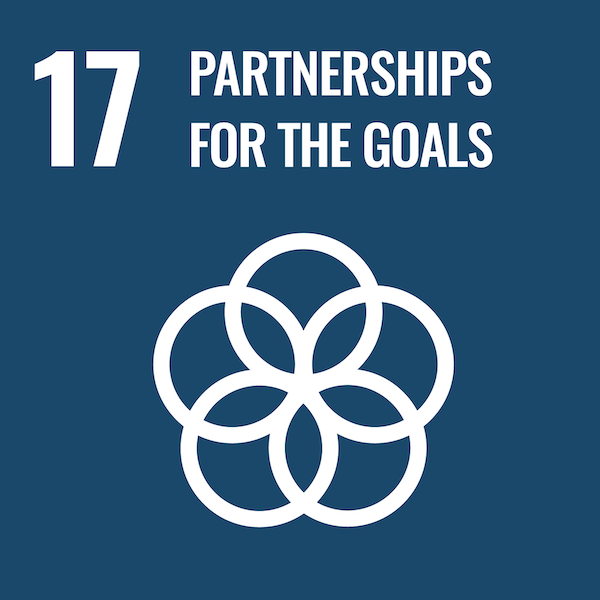
Shinagawa City is also working on many other SDG projects. The Shinagawa Mottainai Project focuses on the theme of food loss. In order to spread the spirit of mottainai, a Japanese word that expresses disappointment with wasteful habits, this project aims to improve environmental awareness and the image of Shinagawa City.
At the Mottainai Recipe Contest, judges looked for recipes that used often-found surplus ingredients at home. Winning works were published on Shinagawa City's website. Likewise, Food Drive is an activity to collect non-perishable foods that are gathering dust at home and donate them to children's cafeterias around the city. Food Drive is held every year during the Environmental Awards Ceremony & Environmental Lecture in February and again at the Shinagawa ECO Festival in May.
In addition, the Shinagawa Mottainai Promotion Store Guidebook introduces stores that are working to reduce food loss in the city. As of November 2021, there were 24 shopping streets and 151 stores registered.
Shinagawa Mottainai Project
ECORU TOGOSHI
Learn about the environment in a Japanese park
ECORU TOGOSHI is scheduled to open in Togoshi Park on May 1, 2022, as Shinagawa City's Environmental Learning Exchange Facility. Created as a place of relaxation and interaction where visitors can learn about the environment while having fun, this facility revolves around the concept of continuing to create a people and eco-friendly future.
The 1st floor of the three-story building is a multifunctional community lounge with a rest space, information dissemination area, special exhibition area, and kids’ space that anyone can use. The 2nd floor holds a Community Exchange Room that is the base for community activities, and the Volunteer Room to be used as a place for volunteers involved in the facility or in the city's environmental plans.
The 3rd floor is roughly divided into two spaces, an exhibition room, and a multipurpose space. Global warming countermeasures make up the bulk of the exhibition room and a large video exhibition allows guests to experience the relationship between humans and the environment.
In addition, lectures and workshops will be held in the multipurpose space.
ECORU TOGOSHI
Address: 2-1-30 Yutakacho, Shinagawa City, Tokyo (in Togoshi Park)
URL: https://ecoru-togoshi.jp/en/
I think many people will be impressed and surprised by Shinagawa City's efforts related to SDGs. Let’s all take up the challenge of creating lasting sustainable efforts to make a better place for the future of our planet and children.
